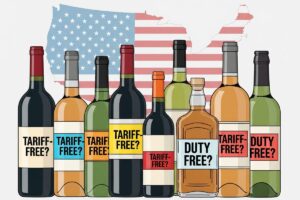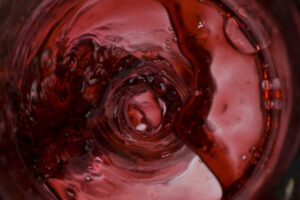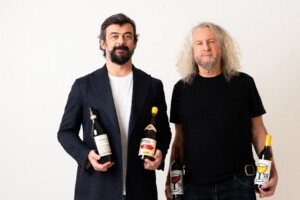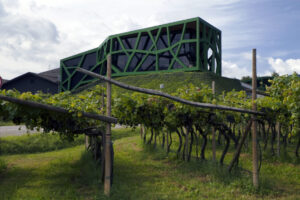Wine, like all the major economic sectors in the world, has a parallel industry made of bottles, cartons, caps and labels that in 2020 will be worth something like 22.8 billion dollars, considering the growth rate of 2.3% per year and thanks also to the continuous increase in global wine production. This is despite the decline in per capita consumption in the Old World, where 60% of the wine produced in the world is drunk and 60% of Bacchus’ nectar is produced. The sector is experiencing big changes that result in great opportunities for the packaging industry, presented in the study by "The Freedonia Group" of Cleveland, titled "World Wine Packaging: Containers, Closures & Accessories" (www.freedoniagroup.com).
The study shows that glass is apparently still the preferred container for wine: 85% of the total production of wine in 2015 went into glass bottles. This percentage is likely to go way down in coming years as alternative containers that are less heavy and therefore less expensive like bag-in-box, cans and plastic bottles start to take over. Europe will still be the point of reference, but will lose some ground to the North American and Asian markets, which represent the best opportunities, starting from the United States and China, and not forgetting Australia and New Zealand, where wine is becoming increasingly central in eating habits.
Australia is the market that effectively represents the changes underway. As a producing country and the largest wine exporter, it has chosen bag in box wines for daily consumption, but still uses lots of glass for superior quality wines, while often preferring cork closures to the alternative ones such as screw caps, and lighter formats to reduce costs, especially towards receptive countries like Britain. Therefore, more space to bulk wine shipments, which affect other producers, from Spain to South Africa, Chile and Australia as well, whose wines are then bottled when they arrive at destination.
Copyright © 2000/2025
Contatti: info@winenews.it
Seguici anche su Twitter: @WineNewsIt
Seguici anche su Facebook: @winenewsit
Questo articolo è tratto dall'archivio di WineNews - Tutti i diritti riservati - Copyright © 2000/2025







































































































































































































